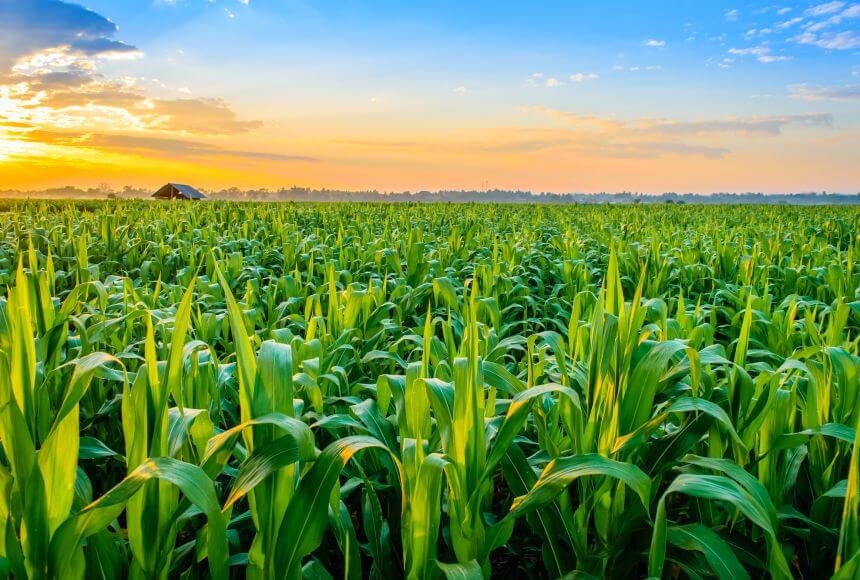Introduction
Agri business in Kolhapur, In the heart of Maharashtra, Kolhapur is undergoing a quiet revolution. Once known purely for its fertile lands and traditional farming, the district is now a rising hub for agri-business. Here, farmers are no longer just cultivators—they’re becoming entrepreneurs, tapping into dairy, food processing, and organic exports. This transformation is redefining rural business models and setting an example for agricultural regions across India.

1. The Evolution of Agriculture in Kolhapur
Kolhapur has always been agriculturally rich, thanks to its favorable climate, fertile black soil, and abundant water resources. Crops like sugarcane, turmeric, rice, and vegetables have dominated the region. However, with rising input costs, unstable market prices, and urban migration, traditional farming became unsustainable for many.
That’s when local farmers started shifting from raw cultivation to value addition—giving birth to the agri-business movement in the district.
2. Dairy Cooperatives: The Backbone of Rural Prosperity
One of Kolhapur’s biggest success stories lies in its dairy cooperatives. Pioneered in villages like Gokul and Warna, these cooperatives have empowered thousands of farmers to earn consistent incomes.
- Gokul Dairy, one of Maharashtra’s largest milk cooperatives, collects, processes, and markets milk and dairy products on a massive scale.
- Farmers receive daily payments, technical training, and access to veterinary care, making dairy farming a sustainable business.
- The cooperative model ensures that profits are distributed back to the community.
This system is a prime example of Kolhapur farmers entrepreneurship, where collective power is used for commercial success.
3. Jaggery Processing Units: Sweetening the Deal
Kolhapur is famous for its jaggery (gul), especially from the Hatkanangle and Shirol regions. Instead of selling sugarcane to mills, many farmers have set up mini jaggery processing units on their farms.
- These units process sugarcane into jaggery, which fetches higher market prices.
- With branding, packaging, and online marketing, jaggery from Kolhapur now reaches urban markets and even exports.
- Organic jaggery is in high demand, further boosting rural income.
This shift to farm-level processing has turned many cultivators into agri-business owners, controlling both production and sales.
4. Organic and Spice Exports: Tapping Global Markets
Another exciting area of growth is organic farming and spice cultivation.
- Turmeric and ginger grown in Kolhapur’s Shahuwadi and Panhala areas are now certified organic.
- Several startups have emerged that export these spices to the U.S., Europe, and Gulf countries.
- Farmers are trained in organic techniques, quality testing, and packaging to meet international standards.
Brands like “Kolhapuri Organic” and “Desh Se” are examples of rural business models going global from Kolhapur’s soil.
5. Women Entrepreneurs in Agri-Business
One of the most inspiring trends is the rise of women-led agri-enterprises.
- Self-Help Groups (SHGs) in rural Kolhapur have ventured into making pickles, masalas, papad, and other food products.
- These are sold under group brands in local markets and through e-commerce platforms.
- Government schemes like Mahila Udyogini Yojana and NABARD support are encouraging more women to start agri-businesses.
This has not only boosted rural income but also promoted gender empowerment in Kolhapur’s farming communities.
6. How Agri-Tech Is Fueling the Boom
The use of agri-tech is growing in Kolhapur:
- Farmers are using drone spraying, soil testing kits, and IoT-based irrigation systems.
- Platforms like DeHaat, AgriApp, and KisanKonnect are providing access to inputs, loans, and market linkages.
- These technologies are reducing waste, improving productivity, and enabling data-driven farming decisions.
This modernization makes agri business in Kolhapur more efficient and profitable.
7. Government Schemes and Infrastructure Support
Kolhapur’s agri-business boom is also fueled by infrastructure and policy:
- The Agricultural Produce Market Committees (APMCs) are being reformed to support direct farmer-to-consumer sales.
- The PM Fasal Bima Yojana and Subsidies for Agro-Processing Units help mitigate risks and lower costs.
- Rural roads, cold storages, and logistics hubs in Kolhapur are being developed to support these businesses.
These initiatives are making rural entrepreneurship easier and more scalable.
8. Success Stories to Inspire
Case Study 1: GreenGold Turmeric Exports
Started by a young farmer from Radhanagari, GreenGold now exports turmeric to 12 countries. With the help of MSME schemes, the business scaled from 1 acre to 100+ acres under organic farming.
Case Study 2: Gokul’s Tech-Enabled Dairy Farmers
By adopting mobile-based milk recording systems, dairy farmers in Gokul increased yield and revenue. The cooperative trains them in feed optimization and cattle care via WhatsApp and webinars.
Case Study 3: Women’s SHG ‘Annapurna Gruhudyog’
Based in Ichalkaranji, this SHG started with making pickles for local fairs. Today, they have their brand and supply to supermarkets in Pune and Mumbai.
9. Challenges and the Way Forward
Despite the progress, challenges remain:
- Market volatility and middlemen can still affect farmer incomes.
- Access to capital and tech is limited for many.
- Climate change poses a long-term threat.
To overcome these, continued support from government, private investors, and digital platforms is essential. Agri-business incubators and youth training programs can help bridge the gap.
Conclusion
The rise of agri-business in Kolhapur is not just a trend—it’s a movement. From dairies to jaggery units, organic exports to SHGs, farmers here are rewriting what it means to be rural entrepreneurs. Their stories prove that with the right mix of tradition, technology, and teamwork, agriculture can become a powerful engine for rural development and prosperity.

